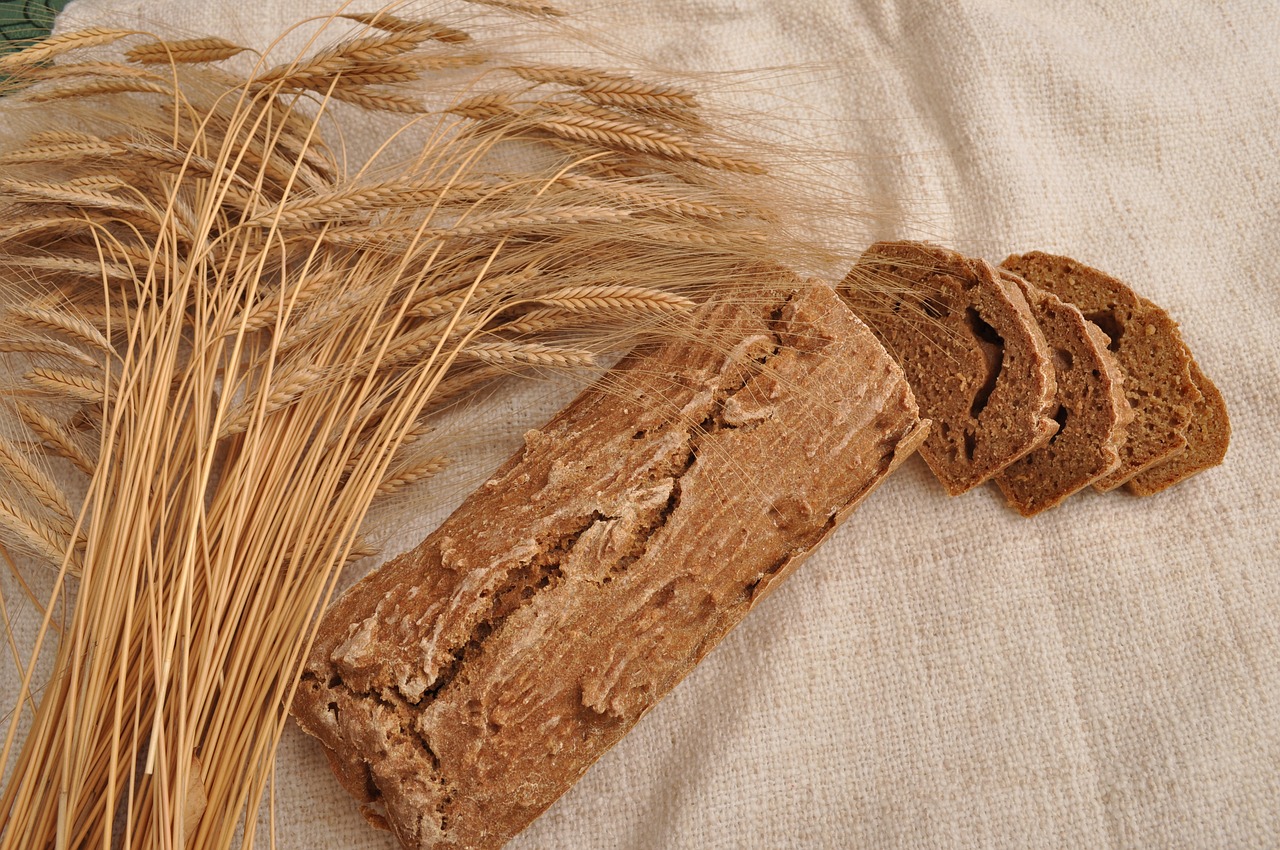
God is the source and giver of everything we have. Whether seed or bread, it all originates from Him. God gives seed to the sower and bread to the eater.
Everything we receive is from God (James 1:17) and is to be used to His glory. That applies to our time, talent, and definitely our treasure (money). In fact, God is the one that gives us the power to get wealth (Deuteronomy 8:18).
However, not everything that enters our hands is meant for us. We are simply stewards who get to benefit from God’s largesse. But we must use the resources wisely (not in our own wisdom but according to God’s wisdom and direction for the money).
“Now may He who supplies seed to the sower, and bread for food, supply and multiply the seed you have sown and increase the fruits of your righteousness,”
2 Corinthians 9:10 NKJV
A farmer that has a seed has 2 choices. He/she can cook and eat it or they can sow it back into the ground to yield a harvest greater than the seed that was sown.
Likewise, we can’t eat (i.e. spend) everything we get. Everything that we receive is not meant to be consumed by us (like bread) but some is meant to be dispersed (like seed) so that it can produce a future harvest (in others, for ourselves, etc).
So we have to ask ourselves – is what I have in my hand (wallet, bank account, etc.) seed or bread?
How do we know the difference? Whether what we have is seed or bread? Let’s look at some examples.
Boy with 5 loaves and 2 fishes (John 6:1-14)
After teaching a crowd of 5,000 men (plus women and children) all day, Jesus challenged his disciples to feed them. They responded by noting that over 6 months of the average daily wage would be insufficient to feed the multitude. But there was a boy whose parents (well really mom!) had packed a lunch bag of 5 loaves and 2 fishes. The boy gave up his meal to the Master. (Side note: I wonder if he worried about how much of it he would actually get to eat. Perhaps a crumb or two.) But after Jesus broke the bread/fish and gave thanks, He instructed his disciples to give it to the multitudes that were by now sitting down. The bible records that each person got as much as they wanted and were filled. And at the end, there were still 12 baskets of leftovers. (I can just imagine that the 12 baskets were given to the boy to take home to his family!)
Widow with last morsel of food (1 Kings 17:8-16)
During the reign of King Ahab, the prophet Elijah prophesied that there would be no rain over the land and this lasted for 3.5 years (James 5:17). It is no surprise that the land was in a severe drought. There was a widow in Zarepath with a son who was preparing her last meal (handful of flour and a little oil) before she and her child would succumb to hunger and die. The prophet Elijah asked her to first make a meal for him and then for herself and her son and promised that the seemingly insignificant amount of food would last through the rest of the drought (which it did).
In the case of the little boy and the widow, what seemed like bread was actually seed. In fact, what they had in their hand already had a divine plan from God. For example, God told Elijah to go to Zarepath where he had commanded a widow to provide for him (1 Kings 17:8). When they were willing to trust God and obey his instructions / release it into the hand of the Master, they received a harvest that was impossible to imagine.
So ask yourself this question –
Is what I have in my hand (wallet, bank account, etc.) seed or bread?
And trust God to show you and tell you which is which.
In part 2 of this blog entry, we will share 10 reasons why God provides for us. Hint: how many parents want to be good providers to their kids?
PS: It’s important that we receive the free gift that God has already given in his son, Jesus Christ, before we seek anything else from Him. Check out our
salvation appeal page to learn more about Jesus Christ and how to receive Him as Savior.
References
#Money #Finances #MoneyPrinciples #Seed #Bread #FinancialFriday #Miracle #Sow #Steward
About BibleStorm:
At BibleStorm, our mission is to illuminate hidden truths found in God’s Word (i.e. the bible). Our vision is to see people become more familiar with the bible, biblical themes and concepts and to develop a hunger/desire to learn more about God through His Word. We are doing our part to seek the kingdom of God and spread the good news of salvation through bible trivia. And to help people transform their minds through the living Word of God.
Order your very own BibleStorm trivia game cards today from our
online store.








